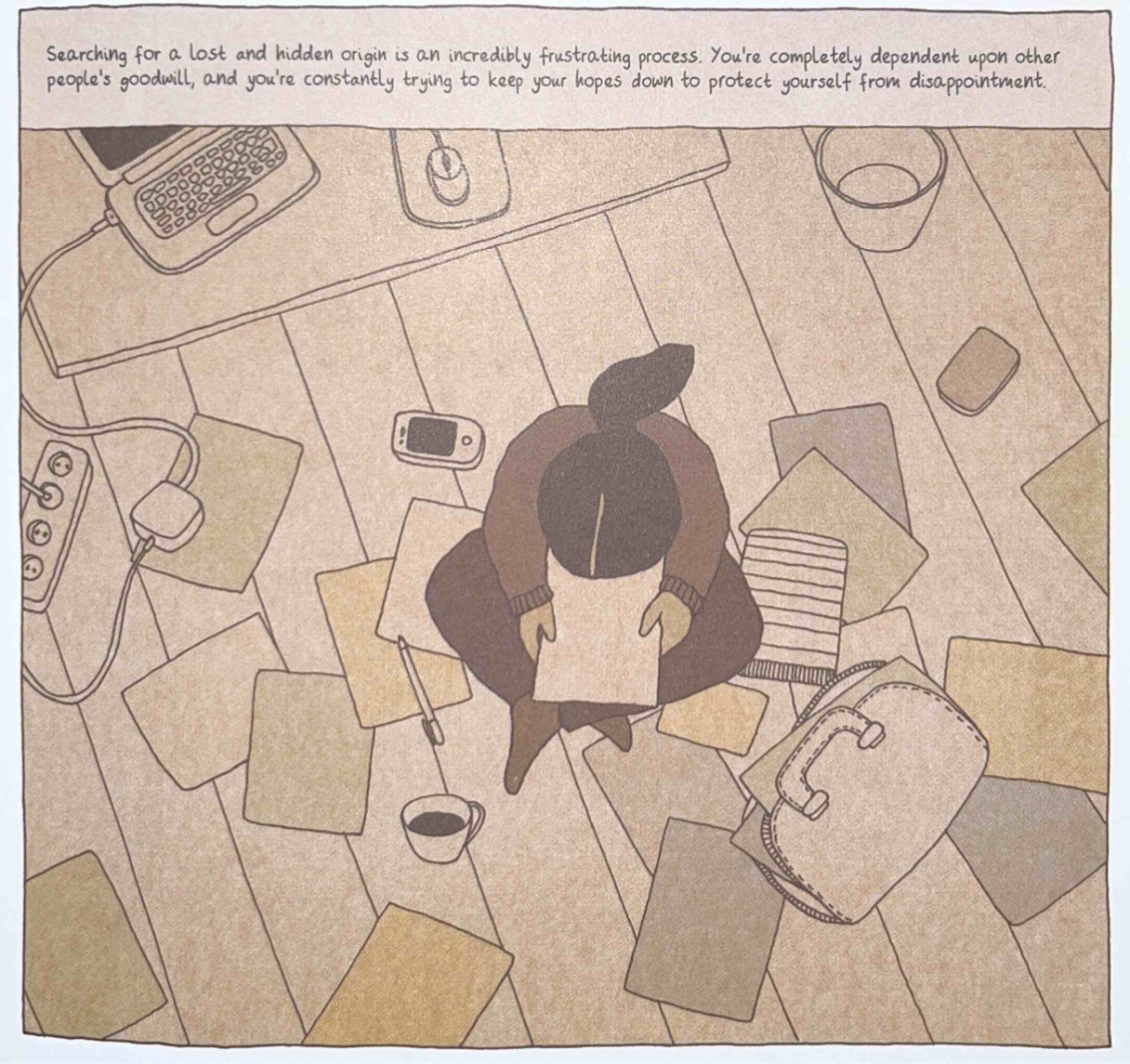
Adoption Archives: Documents, Personhood, Justice
This essay turns to adoption archives as a key site for imagining justice in both law and literature, taking South Korea’s history of transnational adoption as its focus. Adoptees are made through documents: case files, consent forms, advertisements and brochures, applications, home studies, and certificates that render them into adoptable subjects. On the one hand, these archives hold the promise of recovery, containing information needed to contextualize oneself and find one’s first families. Yet these documents also pose interpretive difficulties through their opacities, omissions, and fabrications, not to mention their lack of access. This essay proposes that efforts towards justice for Korean adoptees must proceed from a robust understanding of adoption archives: a knowledge that involves the complicated legal, ethical, and interpretive problems that surround these documents, as well as the difficult affective and intellectual relationships adoptees have with institutional record-holders as well as with the documents themselves. As a step towards this fuller reckoning, this essay provides a description and theorization of adoption archives in relation to foundational and recent developments in archive theory. It then outlines the legal histories and frameworks surrounding Korean adoption archives as they exist today, while also attending to the practical experiences of adoptees in accessing their records. Finally, it turns to recent literary works on Korean adoption that center adoption documents, exploring how literature provides a productive space for exploring the complexity of the archive. Ultimately, the essay proposes that archives matter not just as a source of violence or recovery, or as an unrecoverable origin, but rather through their representational forms and their implications for the adoption imagination.
Law & Literature, special issue on “World Literature and Law” (forthcoming)
[image from Lisa Wool-Rim Sjöblom’s Palimpsest: Documents from a Korean Adoption, 2016]